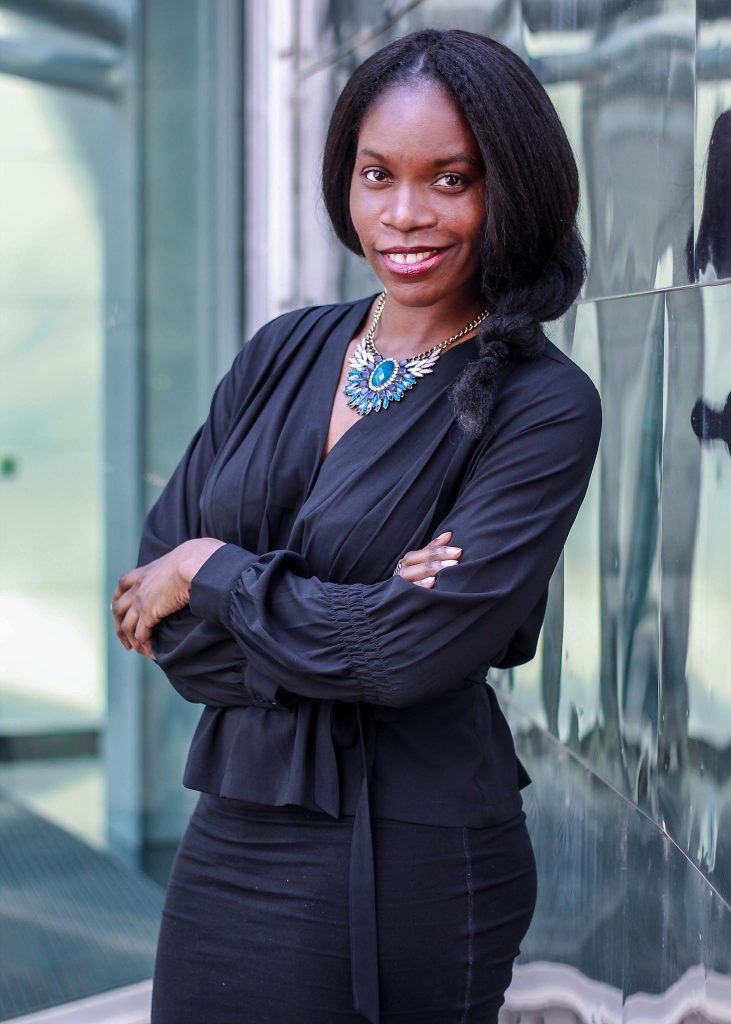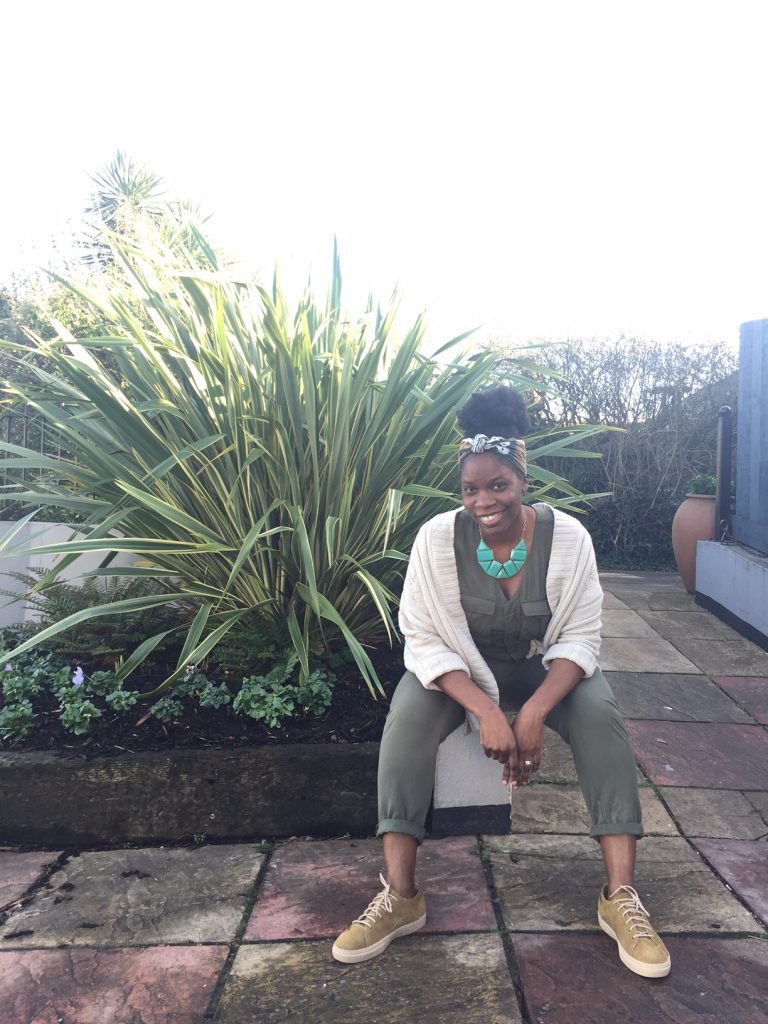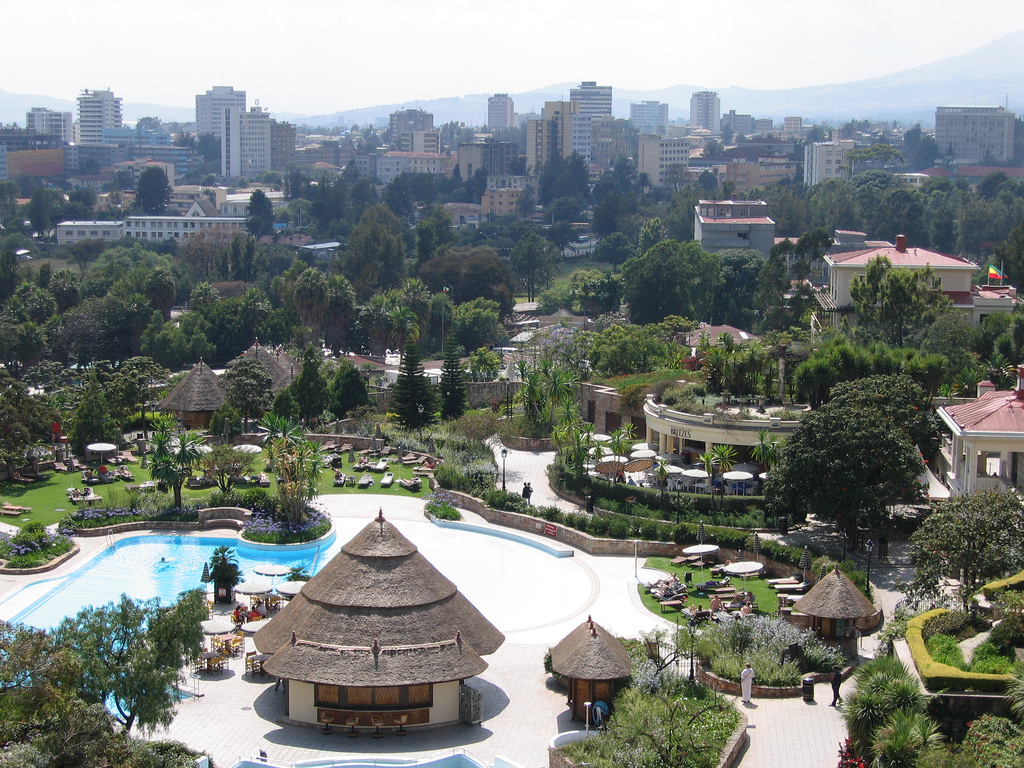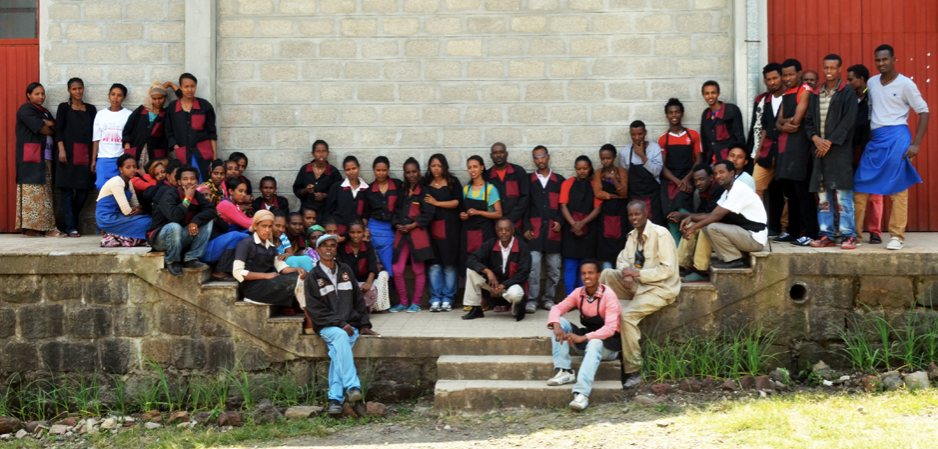With 16 years experience in the global fashion industry living and working in 4 countries over 4 continents, Professional Fashion Designer Jacqueline Shaw birthed Africa Fashion Guide, the only sourcing consultancy and information based platform for African fashion, as a tool to educate, inform and retune the perceptions of Africa’s fashion and textile industry – a vehicle she sees for trade and development.

Now an Author of the coffee table book Fashion Africa, an International Public Speaker, a University Fashion lecturer, an African Fashion Business Consultant and industry researcher, Jacqueline, who owns a Masters degree in Ethical Fashion and a Masters in Social Research (2018) is known for being an expert and most proudly an ambassador in the Ethical African fashion landscape. She campaigns for a more responsible way of doing fashion business and doing it well in Africa. She believes Africa is Fashion’s Future and has used her African fashion tee shirt campaign using Fair Trade, organic African cotton tees made in Africa by Africans to spread this message on the catwalks of London Fashion Week to Ghana to Los Angeles.
Jacqueline is unapologetically a champion for fashion in Africa and her work and reputation represents her enthusiasm and belief in this. Due to this she aims to equip as much people as possible in setting up businesses in Africa to build trade, contribute to Africa’s GDP, and impact thousands of African lives using the vehicle of Fashion. Jacqueline through Africa Fashion Guide Ltd has now launched programs including Fashion Africa Conference, Fashion Africa Voices, Fashion Africa Business Workshops, Fashion Africa Trade Expo and Fashion Africa Sourcing Trips.
We had a chance for some Q & A with Jacqueline to dig a bit deeper into her impressive resume.
1. What inspired you to create the Africa Fashion Guide?
Africa Fashion Guide is a key online information based platform with offline events that promote the full supply chain of Africa’s fashion and textile industry. Launched in 2011 alongside the Fashion Africa Conference and my book Fashion Africa, I birthed this from a vision to see a platform and agency that presented to the world the new narrative of Africa through the vehicle of fashion and textiles. Everything I saw out at the time was focused either just on fashion shows and design or presented a very archaic and gave a “tribal” personality for Africa but didn’t explore the vast and growing artisan industry, the array of traditional textiles and techniques or the factory level industry of garment manufacturing on the continent that exists TODAY.

2. How do you imagine the next 5 years for the burgeoning African fashion industry?
With Africa Fashion Guide I declared that 2018 was African Fashions’ year of Ownership AND interdependence, using the Adinkra symbol of West Africa BOA ME NA ME MMOA WO meaning “help me and let me help you” to define this.
I believe over the next 5 years Africa will start to own more of it’s fashion industry (amongst other industry) and become an integral part of the global fashion industry. As the industry looks towards new markets for production and sourcing as well as consumers, Africa will be the focus for many retailers and brands who will want to work with Africa to achieve their goals. More strategic partnerships and relationships will form and ultimately more business gained for the continents designer talents and skilled fashion professionals.
3. Which textile and fashion hubs should we be keeping our eyes on?
Ethiopia, Ghana, Kenya with Rwanda on the up too

4. When writing your book, did you learn anything that surprised you?
I realized how passionate the players in the industry were and knew I was in the right place. But admittedly I was surprised by the amount of Europeans and Americans who were setting up African fashion businesses. I am now glad to say that more Africans and Diasporans are now setting up fashion businesses which concretes my belief that this year is about ownership for Africa and Africans.
5. Do you think the fashion industry is ready for large-scale ethical/fair trade adoption?
I believe the industry needs support and lots of strategic partnerships and FDI to make it happen but I also believe that the drive, desire and determination is there to make it a reality. It will take time but it can happen.

6. Your efforts to connect more fashion labels with ethical African manufacturing is inspiring, is there anyone to watch out for in the near future?
I would say designer wise look out for brands such as Laduma of Maxhosa, Ethnik by Tunde Owolabi, Tongoro by Sarah Diouf, A.A.K.S, as well as Maki Oh. From production focus I would say look at the great work by Pin and Joan from The Village Workshops/African Shirt Company, Studio One Eighty Nine and the work of Omoyemi Akerele of Style House Files for her factory set up in Nigeria.
And of course look out for myself! Lots of exciting projects in the pipeline!
7. You’ve accomplished so much in your career so far, what are your plans for the next 5 years?
At present I continue to build up the agency and consulting side of Africa Fashion Guide for its insights and coaching side of the business. We are developing our own factory with a partner in West Africa that is very exciting! Alongside that we have a few other projects that are work in progress which will launch later this year and so I encourage you to watch this space.
Check out her ongoing work at www.africafashionguide.com






